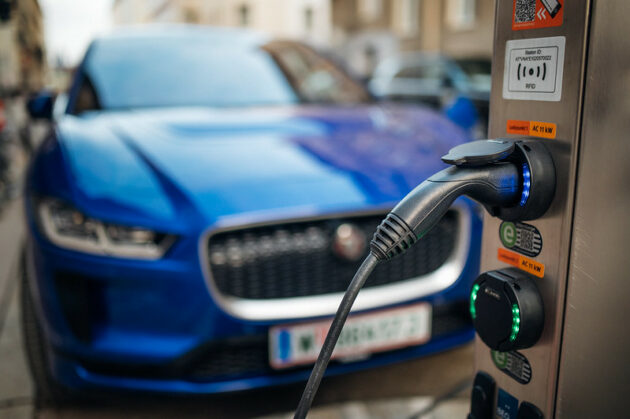
New funding: Recurrent, a platform for helping people make informed choices when buying used electric vehicles, was awarded a $256,000 grant from the National Science Foundation (NSF). The money is a Phase 1 Small Business Innovation Research grant, which puts the Seattle-based startup in the running for an additional $1.5 million grant if it’s able to show results.
The grant differs from venture capital because it doesn’t entitle the funder to equity in the company. Recurrent is one of three EV-focused startups nationwide to receive one of the NSF grants.
The business: Battery health is a key consideration when buying EVs, but automakers keep secret their information on battery life and range over time. Mechanics and dealers can tell shoppers if a battery is performing within its warranty, but not necessarily details about its condition. Recurrent fills in the gaps, offering third-party reports on battery life and range of used EVs.
Used cars are hot commodities these days as shoppers have been eager to get vehicles during the pandemic, and now there’s a global shortage of computer chips, hindering the ability of automakers to make new cars, electric or otherwise. Recurrent reports that over the past two months, the price of a used EV has increased by $1,500 on average.
A little history: CEO Scott Case and CTO Kyle Rippey co-founded Recurrent, which launched in September. Case was previously chief operating officer at EnergySavvy, a company that supports clean energy use. Rippey has worked at startups including Rover.com, Estately and Avvo.
The company has 11 employees and in December raised a $3.5 million seed round. Recurrent is a spinout of Seattle’s Pioneer Square Labs.
What’s next: The grant does have strings attached: the money can only be used on research and development. Recurrent is developing the largest real-world database on EV ranges from all manufacturers. The startup has nearly 3,000 EV drivers contributing data to their research, for which they receive free, monthly battery reports. The startup has collected nearly 6 million individual data points from the drivers.
The funding will expand the number of drivers who can contribute information (there’s currently a waitlist) and help with double-checking battery data taken from vehicles against hands-on measurements and diagnostics.





